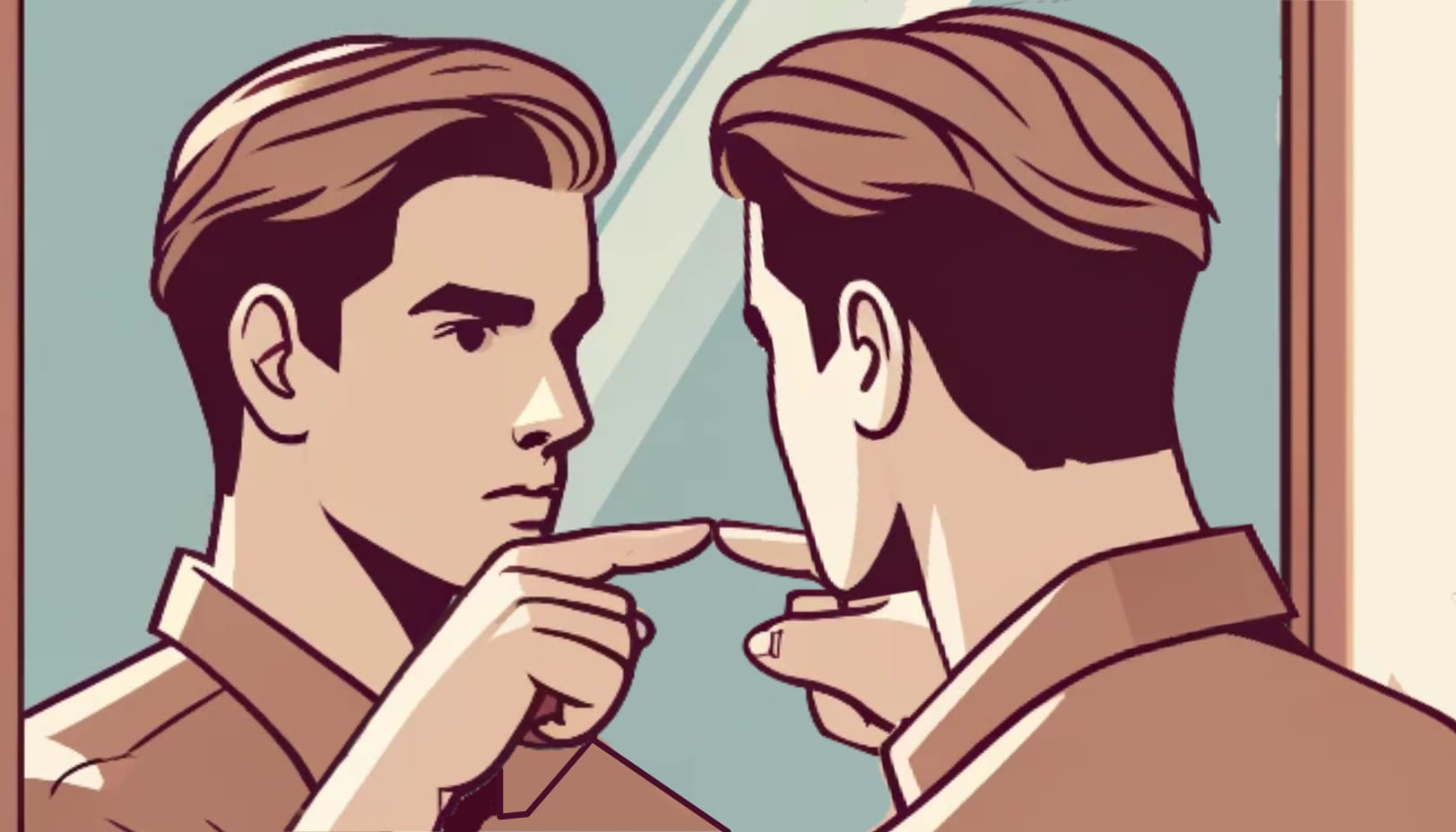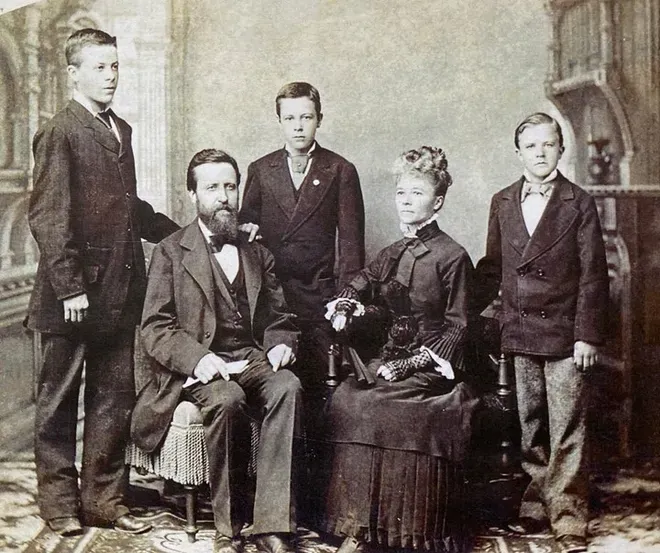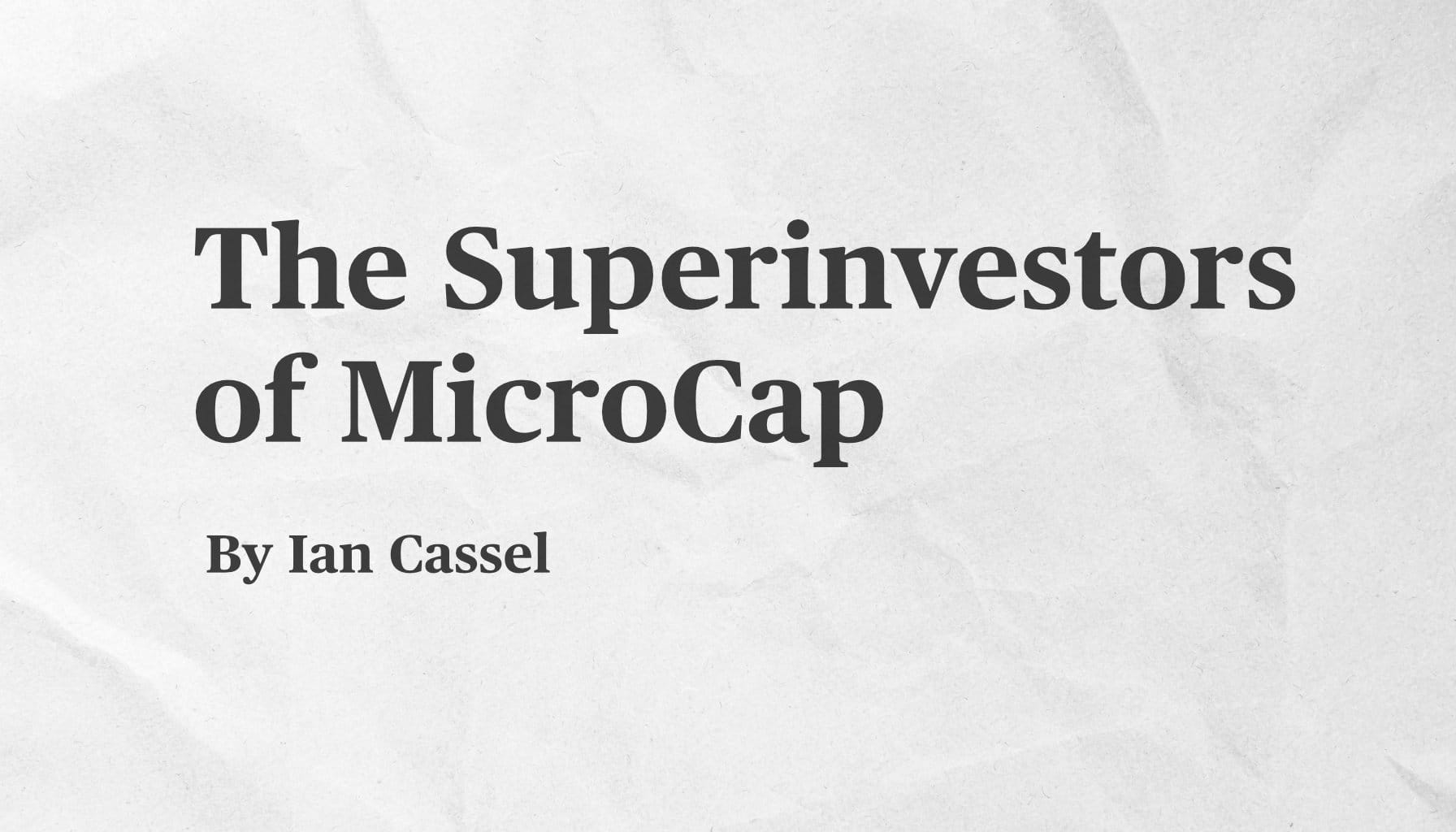
We Are All Fighting The Same Battles
A good rule of thumb is to be quieter than you want to be. Don't give people a reason to root against you. It's an asset when people can't tell whether you are winning or losing.

In 1858, a nineteen-year-old named Arthur B. Farquhar traveled fourteen hours by train and ferry to New York City. His goal was to ask prominent millionaire businessmen such as A. T. Stewart, William B. Astor, James Bennett, and several others one simple, direct question: “How can I make a million dollars?”
Farquhar had read about such successful men in Harper’s Magazine and “immediately became fired with the notion that the way to get along in the world more rapidly than the next fellow was to find the secrets of those who had made the high scores.”
He had no previous introductions or appointments with these men. Through sheer willpower, doggedness, and ingenuity, he met with all of them over the course of several days, and it changed the course of his life. He stood on the shoulders of giants.
In 1861, three short years after meeting the great business builders, opportunity knocked. A local factory building burnt to the ground, and he stepped in to take over the assets and liabilities. It was from this humble beginning that his enterprise would begin.
Arthur Farquhar would apply his lessons and build a very respectable and sizeable business in York, Pennsylvania, selling farm equipment and machinery and employing more than five hundred workers. His company became one of the earliest manufacturers of steam engines and would ship them all over the world. He also owned the local newspaper, the York Gazette, and founded the York Hospital, which became the largest military hospital in Pennsylvania during the Civil war.

Later in life, he befriended eight U.S. presidents, such as Abraham Lincoln, and titans of industry, such as Andrew Carnegie, known for being the second-wealthiest person of the modern period, achieving a peak net worth of more than $300 billion in today’s inflation-adjusted dollars.
Arthur Farquhar would have his first encounter with Andrew Carnegie during the Civil War, when they were brought together by Secretary of War Edwin Stanton to converse on issues relating to trade. Farquhar recounted:
He [Carnegie] was a young man, of about 25 years, I think, not imposing in appearance and rather shy in manner, but it took only a moment or two of conversation to gain a peculiar sort of confidence in him. Carnegie was one of those men you instinctively had to trust. That is why I call the confidence he inspired “peculiar.” You did not stop to wonder, “Will he do?” and then answer, “Yes.” You simply decided at once, “He will do.”
Each encounter with Andrew Carnegie, made Farquhar respect him even more:
Carnegie was as keen a businessman as ever lived; he was keen in the large way—he saw not merely tomorrow but the day after. And one of the reasons that he so quickly got into large business was that through his study of literary masterpieces he came to know human characteristics. For after all, great literature is only the preservation of the best thought of human nature.
Having this greater mastery, Carnegie never became lost in details. He kept in close touch with the affairs of the world—he read and travelled widely. Thus, he gained a perspective that enabled him usually to see what was coming and then to arrange his affairs accordingly. He believed that knowledge was power and demonstrated that fact.
Much like Farquhar himself, Andrew Carnegie, at a young age, loved to read, study, and gain wisdom from others. Farquhar would share this story:
As a youngster he [Carnegie] had access to the library of Mr. Anderson of Allegheny; he studied while others played.
I might mention a very interesting incident connected with his introduction to this library. While a messenger boy, he was sent over early in the morning with a telegram to Mr. Anderson, with instructions to wait for an answer, as it was important. Mr. Anderson had returned late that night, and the butler said he could not wake him. Young Carnegie walked into the library, took a seat, and became immersed in a volume upon steel making and the tremendous advantages of steel over iron. Mr. Anderson finally came down with his answer to the dispatch. The lad turned, apologizing for having taken the book. The steel master—Anderson was engaged in the steel business—asked if he was interested in the subject.
Carnegie said: “Oh yes, it is fascinating to me.”
“Take the book home and read it, and return it when you are through with it,” answered Mr. Anderson. This he did; was told he could take another, and that he might have access to the library; and Mr. Carnegie told me that then and there he made up his mind if he ever became wealthy he would found libraries and give young men the same opportunity that had been afforded him.
The knowledge Mr. Carnegie thus attained through reading and study he applied first to one thing and then to another. By the time the other boys had finished playing, Carnegie had almost finished working and was ready to play. He used his knowledge of men and things to direct; while in his early twenties he had already the capacity to get others to carry out his plans. He knew he had that capacity and used it, and thus apparently with ease he became a great captain of industry.
By the late 1890s, Arthur Farquhar was a very successful businessman and was well respected. But compared to Andrew Carnegie’s Carnegie Steel, Farquhar’s company was a small minnow next to a whale. Carnegie Steel’s annual profits were likely ten times larger than Farquhar’s total revenues.
Farquhar was proud of the fact that he was disciplined and worked hard to grow and manage his company. Most people would be impressed. When he spoke to Carnegie, he told him of his practice of reaching the office at seven in the morning and how much he worked, and Carnegie, laughing, remarked:
“You must be a lazy man if it takes you ten hours to do a day’s work.
“What I do,” he said, “is to get good men, and I never give them orders. My directions seldom go beyond suggestions. Here in the morning, I get reports from them. Within an hour I have disposed of everything, sent out all my suggestions, the day’s work is done, and I am ready to go out and enjoy myself.”
And that, I think is about the most striking contrast between the men of yesterday and those of today—and the mere matter of making money, Mr. Carnegie made more than all of the men I have mentioned and met with put together. They were individualists—not managers.
Carnegie’s comment made a big impression on Farquhar. The lesson was that to build a great business you need great people around you. This certainly is exemplified in one of Andrew Carnegie’s most quoted sayings, “No man will make a great leader who wants to do it all himself, or to get all the credit for doing it.”
Companies that can harness the full potential of human capital can build nimble, sustainable organizations that are hard to replicate. Most intelligent fanatics overcame difficult industry and competitive challenges. Like shapeshifters, these great organizations maneuvered quickly as they grew and as the markets in which they competed changed. They accomplished this feat by getting extraordinary results out of ordinary people.
What is the #1 characteristic of an exceptional business?
Some would say – The fastest growing companies.
Many would say – The largest companies.
Most would say – The companies that earn the most money.
Very few would say – An exceptional business is one that can endure over a long period of time.
For a business to survive 100 years, it must survive multiple recessions, wars, regimes, competitive threats from inside and outside the industry. It would have to survive all the bad luck, fate, and random incidences time throws at the business. Farquhar had to survive his manufacturing center burning to the ground twice. The second time, in 1876, he absorbed a $175,000 loss, an incredible sum in those days.
Time is always trying to put you out of business.
For a business to survive 50-100 years it must evolve with the environment and create new products or services (or servicing new products) and do it better and faster than others. A fun exercise is looking at an old business and comparing what they sell today to when they were founded. If a company was founded on a successful innovation, it only takes them so far. The first innovation might give them a 5-year head start. The company must continue to innovate to survive and properly expand into adjacent areas to form a beachhead against competition and time.
If you want to study great businesses, study a business that has survived. It might be a small business in your town or a larger business in your area. My grandfather started our family business in 1947. I’m not involved with it, but the business looks nothing like it did back then. It sells nothing that it did back then. When you think about these things you form a deep appreciation for the effort necessary to sustain.
Survival is the ultimate performance measure of a business.
MicroCapClub is an exclusive forum for experienced microcap investors focused on microcap companies (sub $500m market cap) trading on United States, Canadian, European, and Australian markets. MicroCapClub was created to be a platform for experienced microcap investors to share and discuss stock ideas. Since 2011, our members have profiled 1000+ microcap companies. Investors can join our community by applying to become a member or subscribing to gain instant view only access. MicroCapClub’s mission is to foster the highest quality microcap investor Community, produce Educational content for investors, and promote better Leadership in the microcap arena. For more information, visit https://microcapclub.com/ and https://microcapclub.com/summit/
Get Alerted to our Next Educational Blog Post

A good rule of thumb is to be quieter than you want to be. Don't give people a reason to root against you. It's an asset when people can't tell whether you are winning or losing.

Microcap gets little attention despite being the small island of investing that produces superinvestors.

Here are a few hard learned lessons as you start your special situations journey